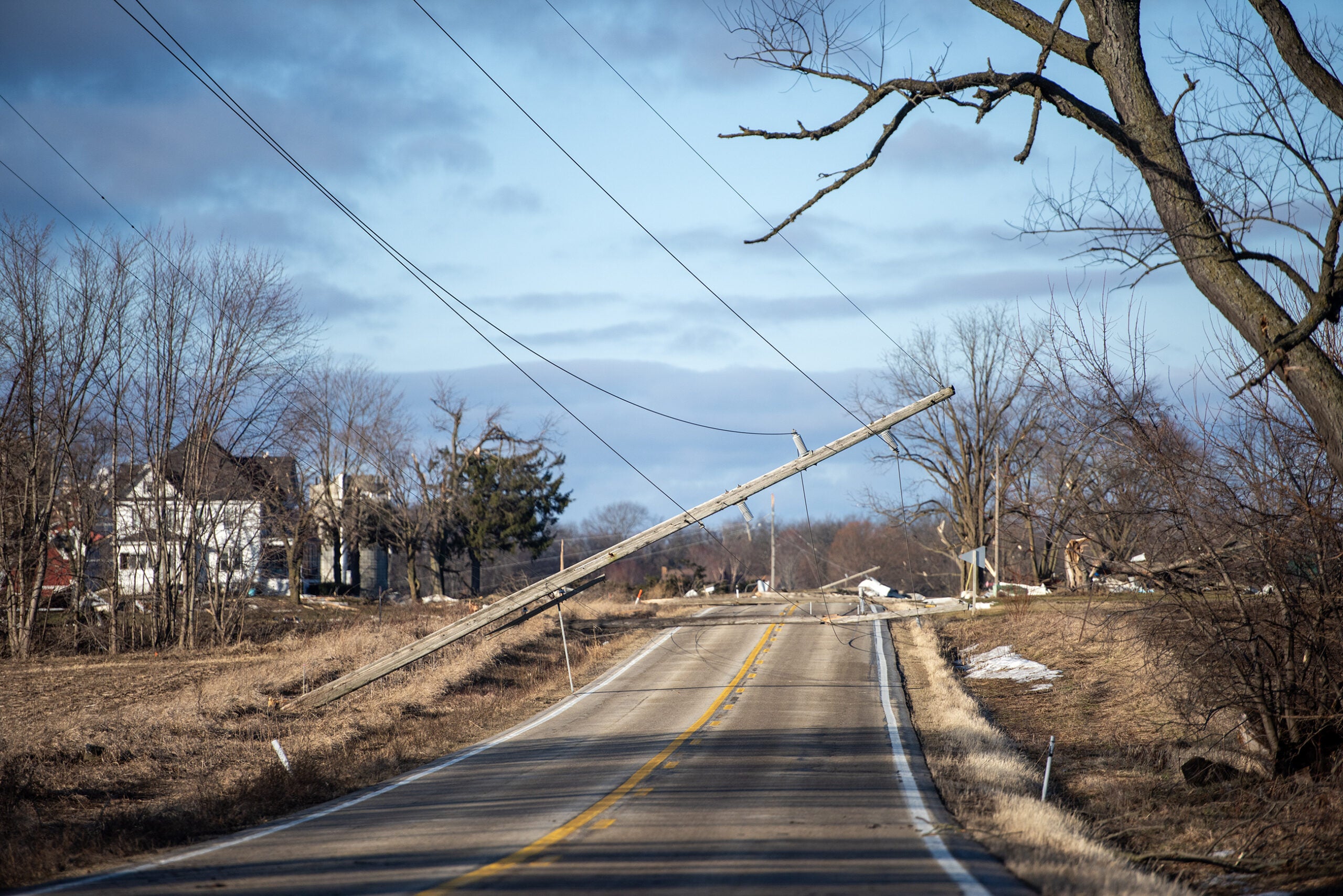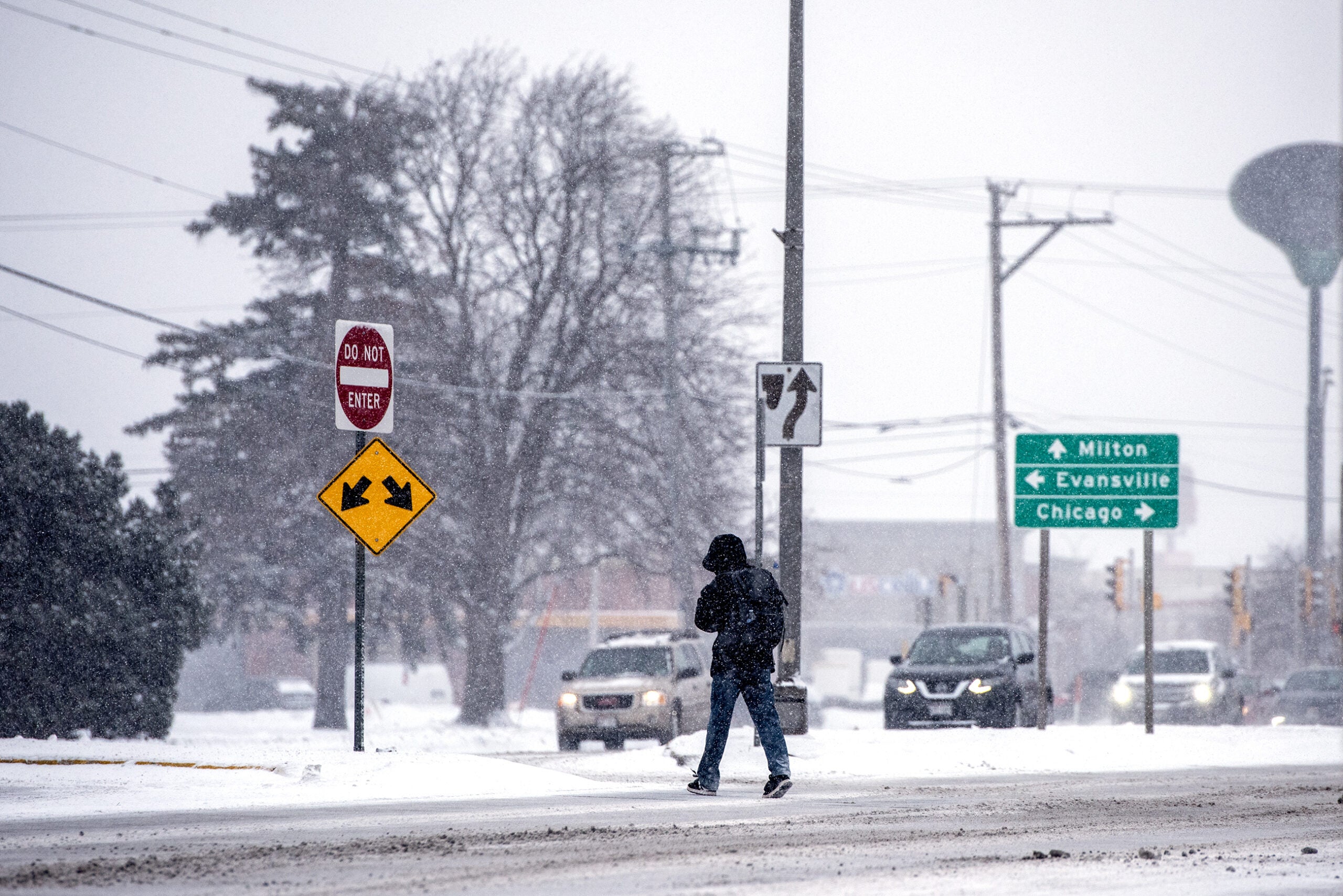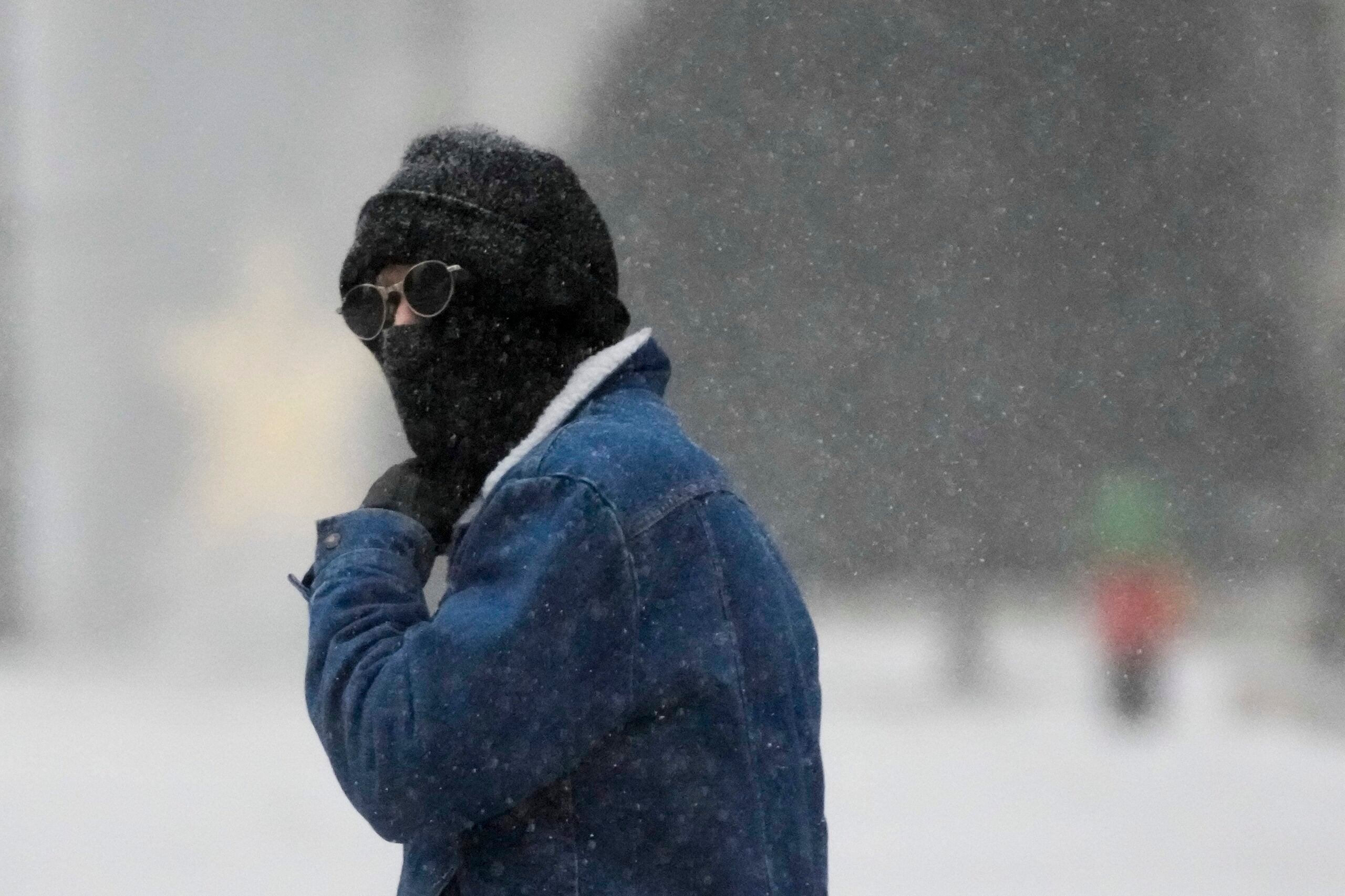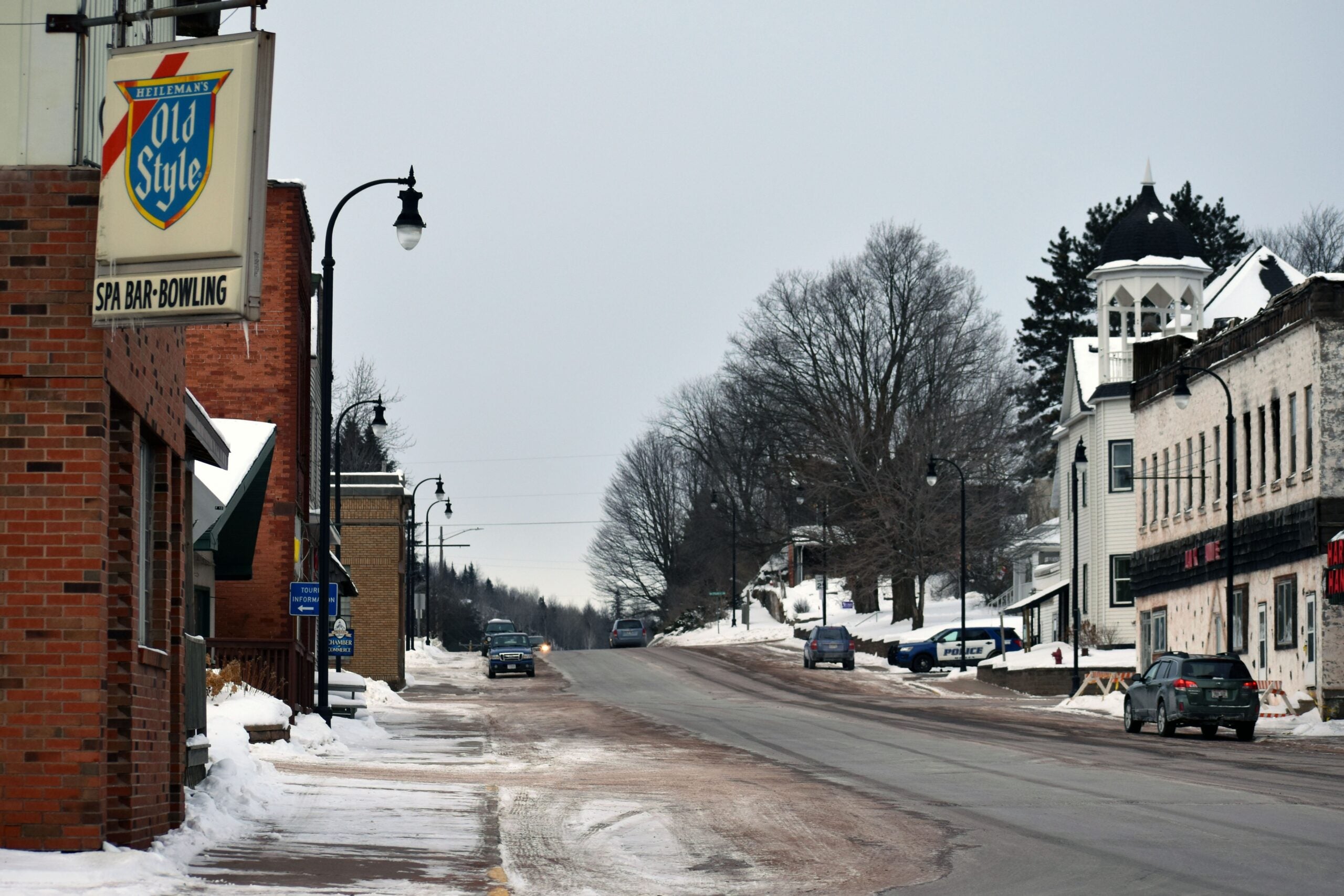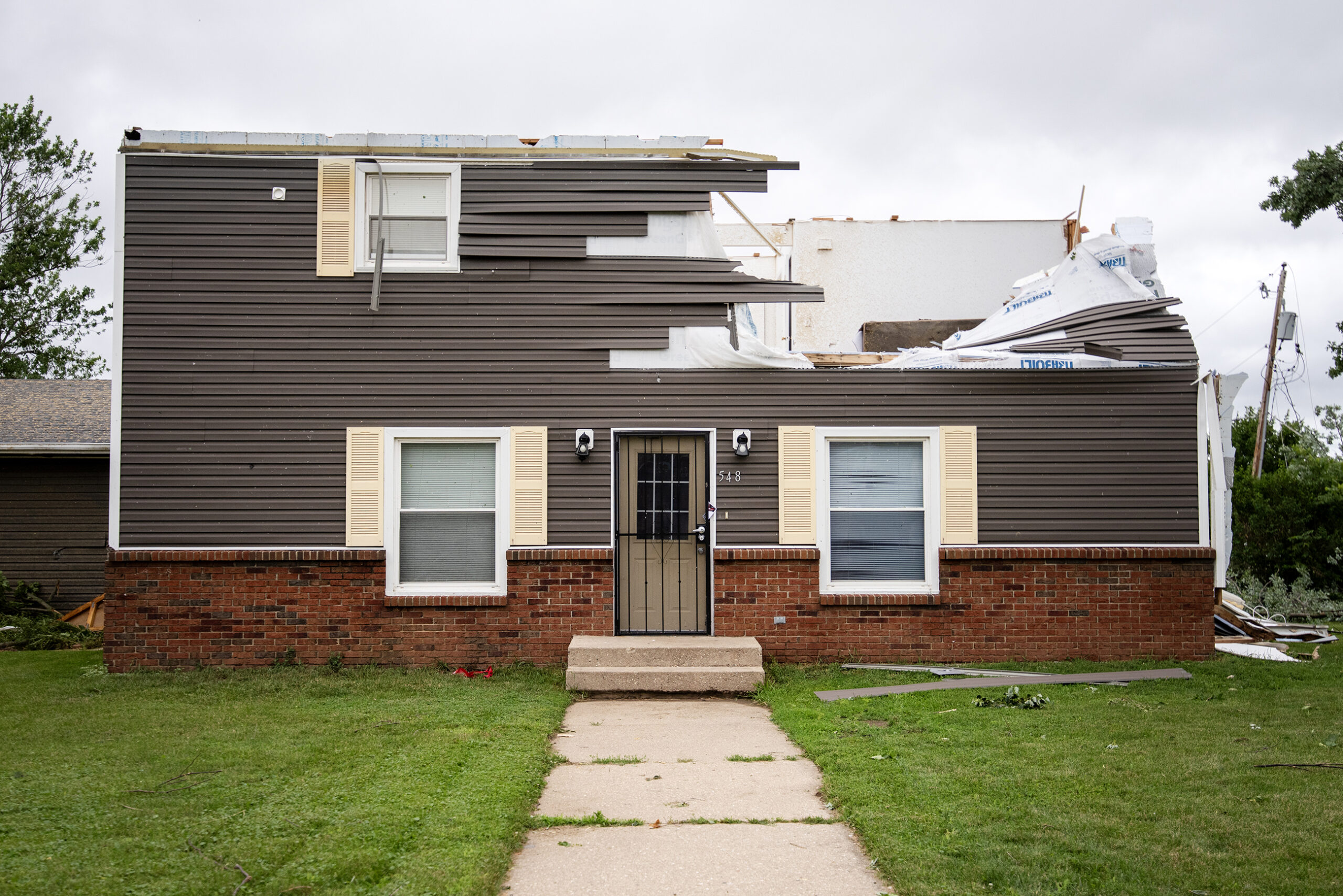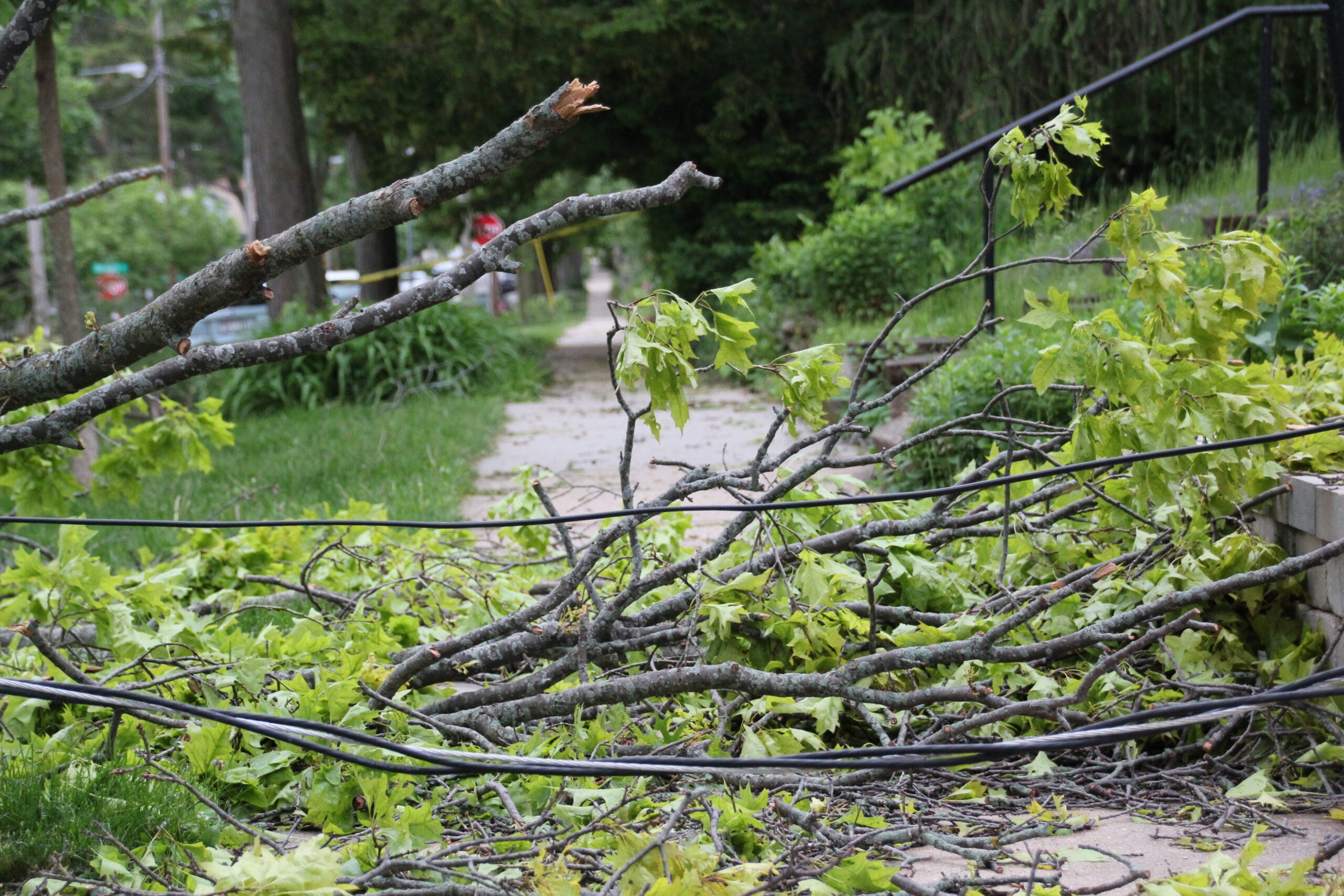With extreme weather on the rise, experts are urging Wisconsin residents to be prepared going into what’s expected to be the peak season for tornadoes.
According to the National Weather Service, there have been around 20 confirmed tornadoes in Wisconsin this year as of Tuesday. That includes three tornados in Rock and Jefferson counties Sunday evening, two tornadoes in the villages of Edgar and Unity last week and the first reported tornadoes ever recorded during the month of February in Wisconsin.
“We’ve had multiple not only tornado warnings, but confirmed tornadoes, especially in southern Wisconsin — that seems to be the area that’s certainly been hit the hardest,” said Mark McGinnis, a certified consulting meteorologist.
Stay informed on the latest news
Sign up for WPR’s email newsletter.
This spring has seen a series of devastating tornadoes in the Midwest and south. Over Memorial Day weekend, at least 21 people died in tornadoes in Arkansas, Texas, Kentucky and Oklahoma.
Wisconsin averages 23 tornadoes a year, according to ReadyWisconsin. Marcia Cronce, a meteorologist with the National Weather Service’s Milwaukee/Sullivan office, said it’s still too soon to predict if Wisconsin will hit that number this year, but she didn’t rule it out.
“It’s still early in the summer. Our peak time for tornadoes in Wisconsin is June,” Cronce said.
Tornado activity has shifted away from the Great Plains, or “Tornado Alley,” toward the Midwest and Southeast, according to an April study.
Andrew Beckett, a spokesperson for Wisconsin Emergency Management, said now is the time for residents to be prepared and have safety plans going into the summer months.
“Weather in Wisconsin can be unpredictable, and the past few months have really shown that,” Beckett said.
“It really just shows that people need to be prepared, that they need to be aware of what the weather could be producing on any given day and they need to be ready to take action in order to protect themselves,” he added.
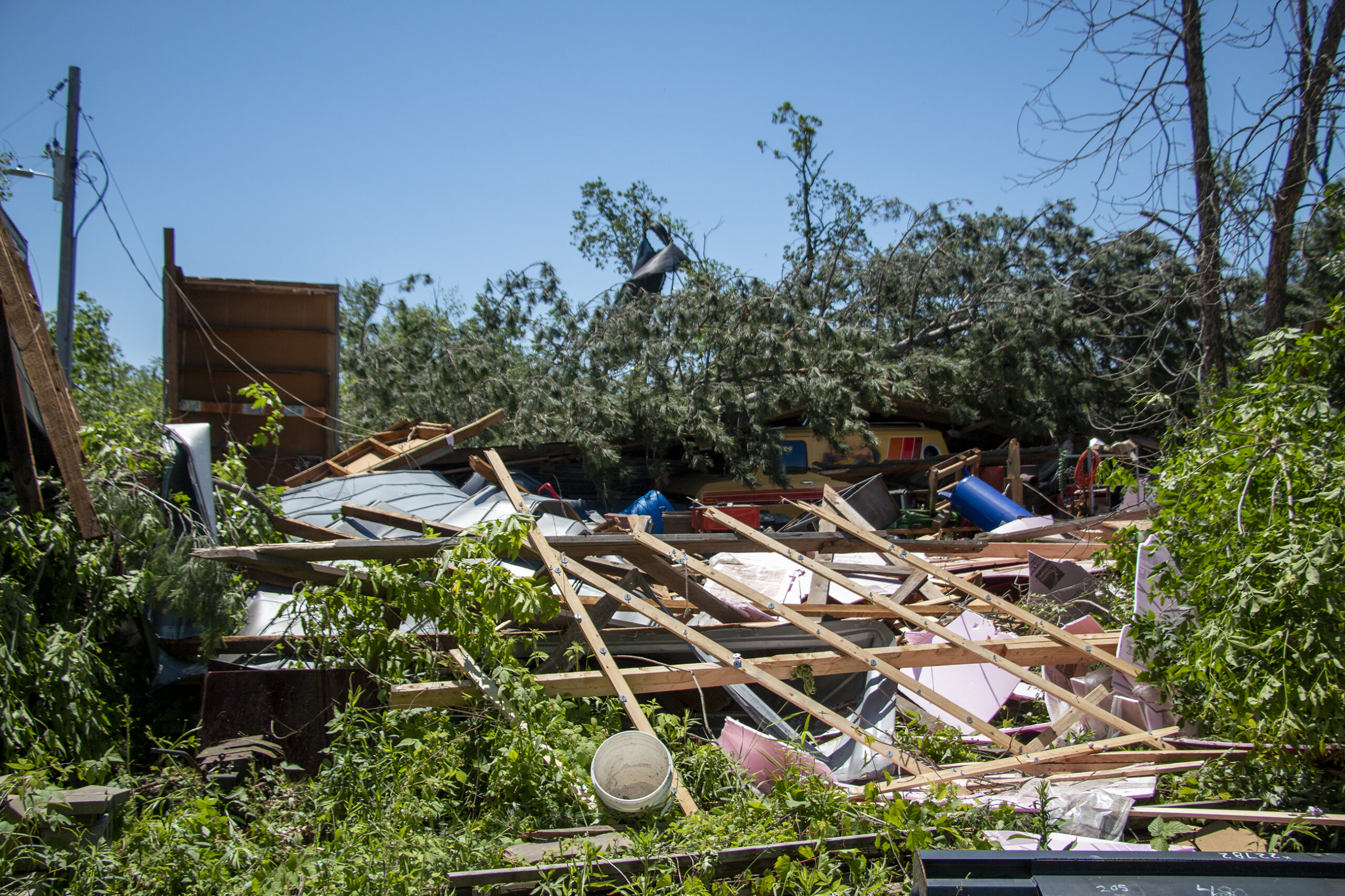
Wisconsin has seen warm and wet weather in recent months. The state officially had the warmest winter on record in 130 years. The latest climate outlook shows parts of Wisconsin are likely to be warmer this summer as well.
“We’re warmer and wetter than normal. And now that we’re into the warmer months of the seasons, we’re moving into summer, when you’re warmer and wetter. It’s much more conducive for thunderstorms,” McGinnis said.
Tornadoes can form when warm and moist air toward the ground mixes with a downdraft of cool air.
The Center for Disaster Philanthropy has called this year the most active tornado season since 2017. There have been just over 700 confirmed tornadoes in 2024 so far, according to preliminary statistics. The center said that’s due to “unusually warm temperatures” that have caused “storm systems which have frequently spun off tornadoes.”
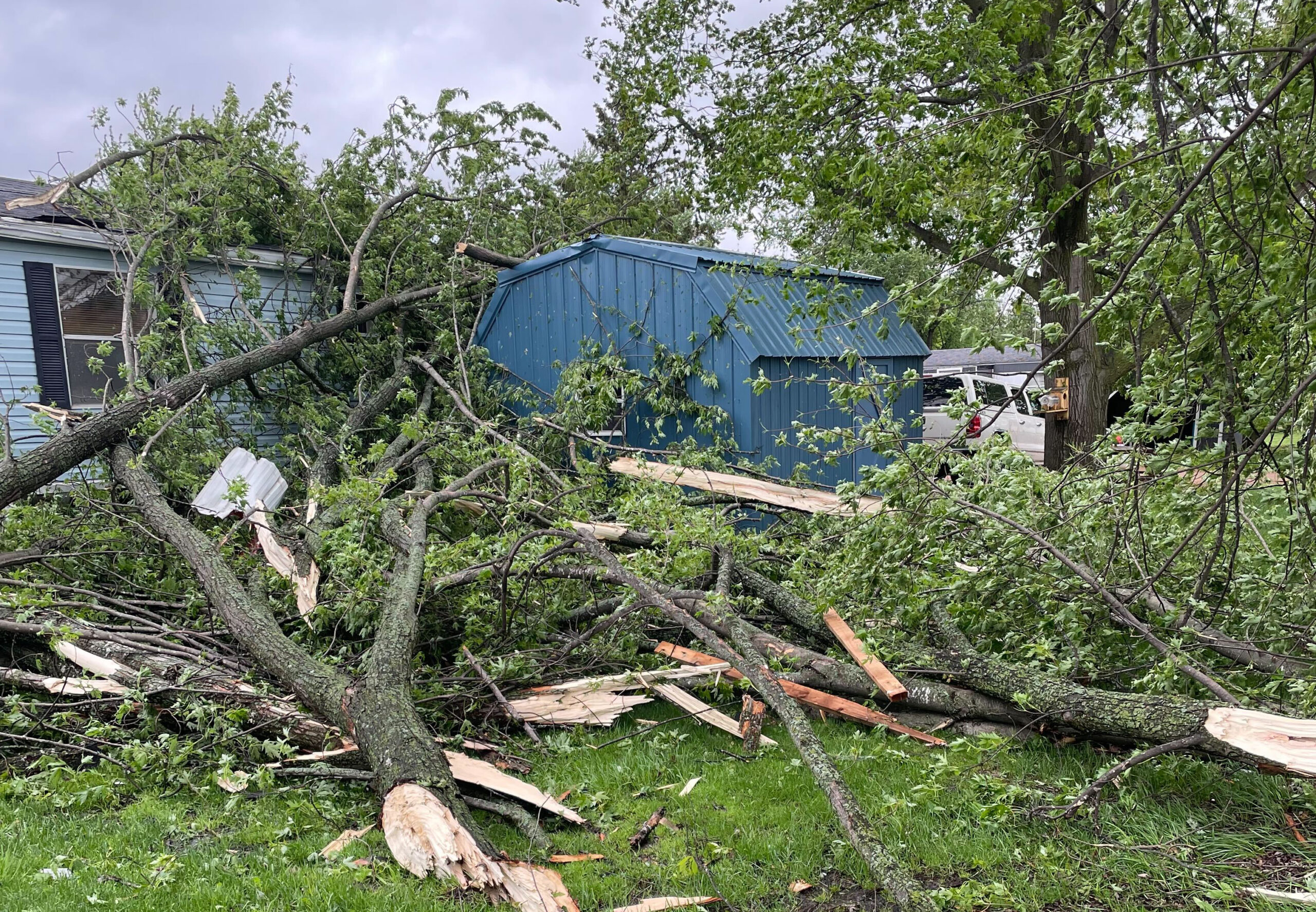
“We’re not even in the peak severe weather season yet,” Kurt Kotenberg, the warning coordination meteorologist of the National Weather Service in Green Bay, said after surveying damage from the Edgar and Unity storms.
“If you haven’t made a plan to make sure you have a way to receive warning information and a place to shelter if we start issuing tornado warnings or severe thunderstorm warnings, this is definitely a reminder to start making those plans and being ready,” Kotenberg said. “We have several more months ahead of us where we could see severe weather and tornadoes here in Wisconsin.”
Beckett said “planning is key” in order for people to stay safe in extreme weather. That includes making sure you can received weather alerts on your phone or a radio that sends out National Oceanic and Atmospheric Administration alerts.
He also said people should check the weather every day through local media and keep an eye out for storms.
“Having that information is really critical to ensuring that you have an expectation of what the day is going to offer and what you might need to do in order to stay safe,” Beckett said.
Wisconsin Public Radio, © Copyright 2025, Board of Regents of the University of Wisconsin System and Wisconsin Educational Communications Board.
